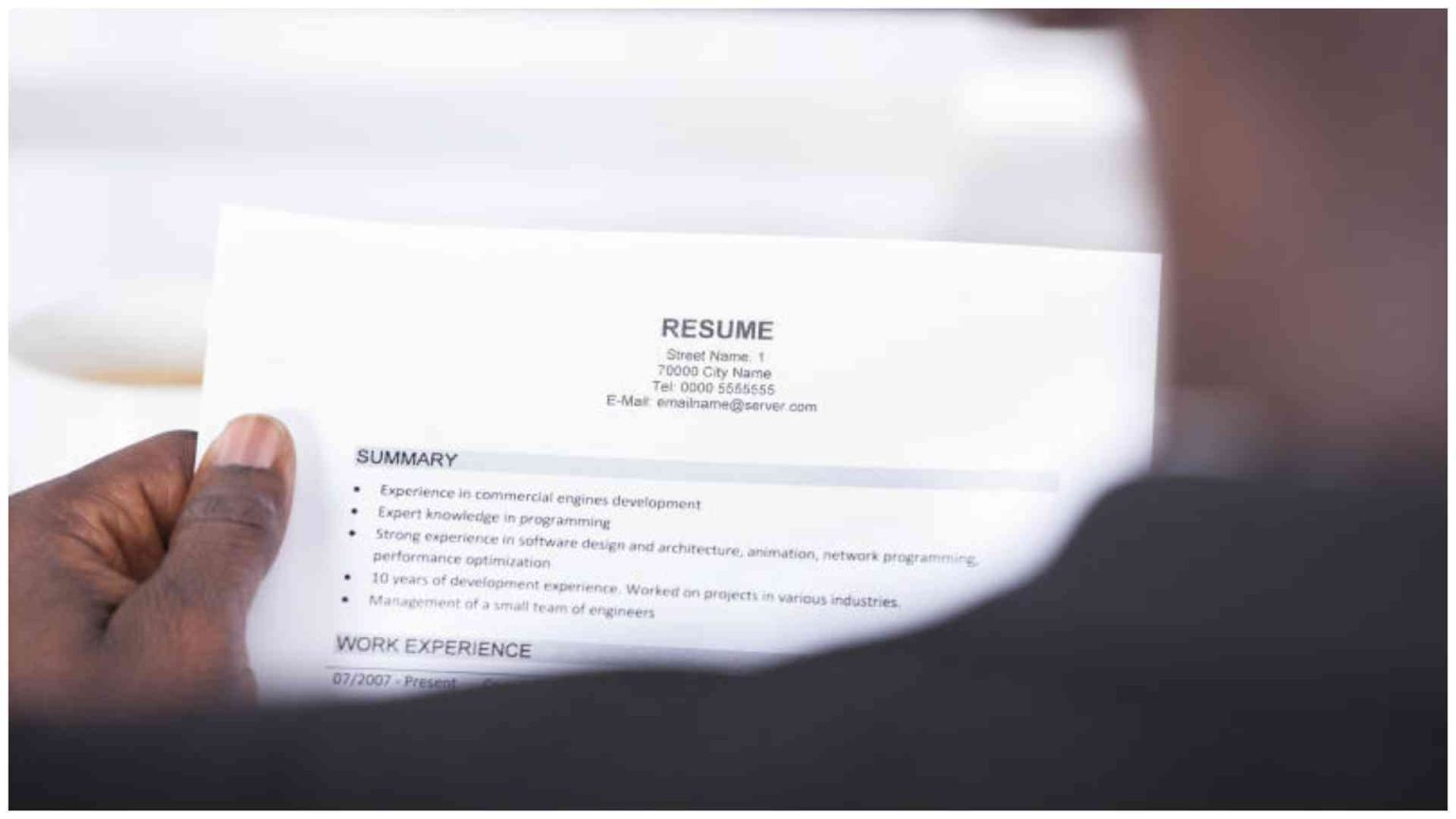Earlier this month, a letter circulated online by a purported Gen Z who decided to tender their resignation letter due to a toxic working environment.
The rather hilarious and informal letter stated, in part, “I’d like to say it’s not you, it’s me—but let’s be honest, it’s the shouting. My parents never raised their voices at me, so getting yelled at by my manager was a plot twist I didn’t sign up for.”
A recent survey by ResumeTemplates surveyed 831 Gen Zers who work full-time to understand how involved their parents were in their most recent job search and their current role.
And what became clear was the fact that for these latest crop of employees, the workplace is no longer a space walled off from family life. They are rewriting rules that older generations once considered sacred.
Many Gen Zers see no problem bringing their actual parents along for the ride.
The survey points out that a large number of Gen Z employees say they have taken their parents to a job interview, and more than half have asked mum or dad to speak directly with a hiring manager.
Some even go further, with parents sitting in meetings, negotiating pay, and at times, completing assignments on their behalf.
It starts early. About 31 per cent admitted a parent wrote their entire CV, while others had parents proofread cover letters or even submit job applications for them.
When parents attended interviews, 40 percent of Gen Zers say they sat in on the interview, 34 percent say their parents answered questions, 30 percent say their parents asked questions, and 27 percent say their parents helped negotiate salary or benefits.
Additionally, 23 percent say their parents introduced themselves to the hiring manager, and another 23 percent say their parents spoke positively about them during the interview.
Once in the workplace, the pattern continues. More than 70 percent of young employees said their parents help with tasks, and nearly half reported that their parents regularly communicate with their managers.
Career strategist Julia Toothacre, who reviewed the survey findings, describes the trend as double-edged.
“Parents can be wonderful mentors sharing advice or reviewing performance evaluations. But when they step directly into conversations with managers or colleagues, it risks making the young worker look less credible and less capable of handling challenges,” she warned.
In Kenya, where nearly 70 percent of the population is under 35, these findings resonate with a generation that already views work differently.
23-year-old Sheila, a junior accountant, recalls bringing her mother to her first job interview at an audit firm in Westlands.
“I was nervous and she’s good with people, so I asked her to wait in the lobby. Somehow she ended up chatting with the HR officer before I went in. Later my colleagues teased me, but I honestly don’t regret it since she gave me confidence.”
For many young Kenyans, the office is not about blind loyalty or enduring toxic bosses. Instead, it is about meaningful work, flexible arrangements, and an environment that respects their well-being. If those conditions are not met, Gen Zers are quicker than their parents ever were to walk away.
That independence, however, exists alongside a comfort with leaning on family. For a generation raised in a hyper-connected, collaborative digital age, asking for parental involvement doesn’t feel like weakness it feels like community. In their eyes, the lines between personal and professional life have blurred.
Still, not everyone is convinced. Traditional managers often see parental involvement as immaturity, while older workers interpret it as entitlement.
Yet, for Gen Z, whose entry into the workforce coincided with a global pandemic, economic uncertainty, and constant digital surveillance, perhaps tearing up the old rulebook is less rebellion than survival.
What is clear is that the youthful workforce will not be governed by outdated hierarchies. Whether through family support, digital tools, or bold demands for balance, they are shaping a future of work that is less rigid, less formal, and far less afraid of doing things differently.
